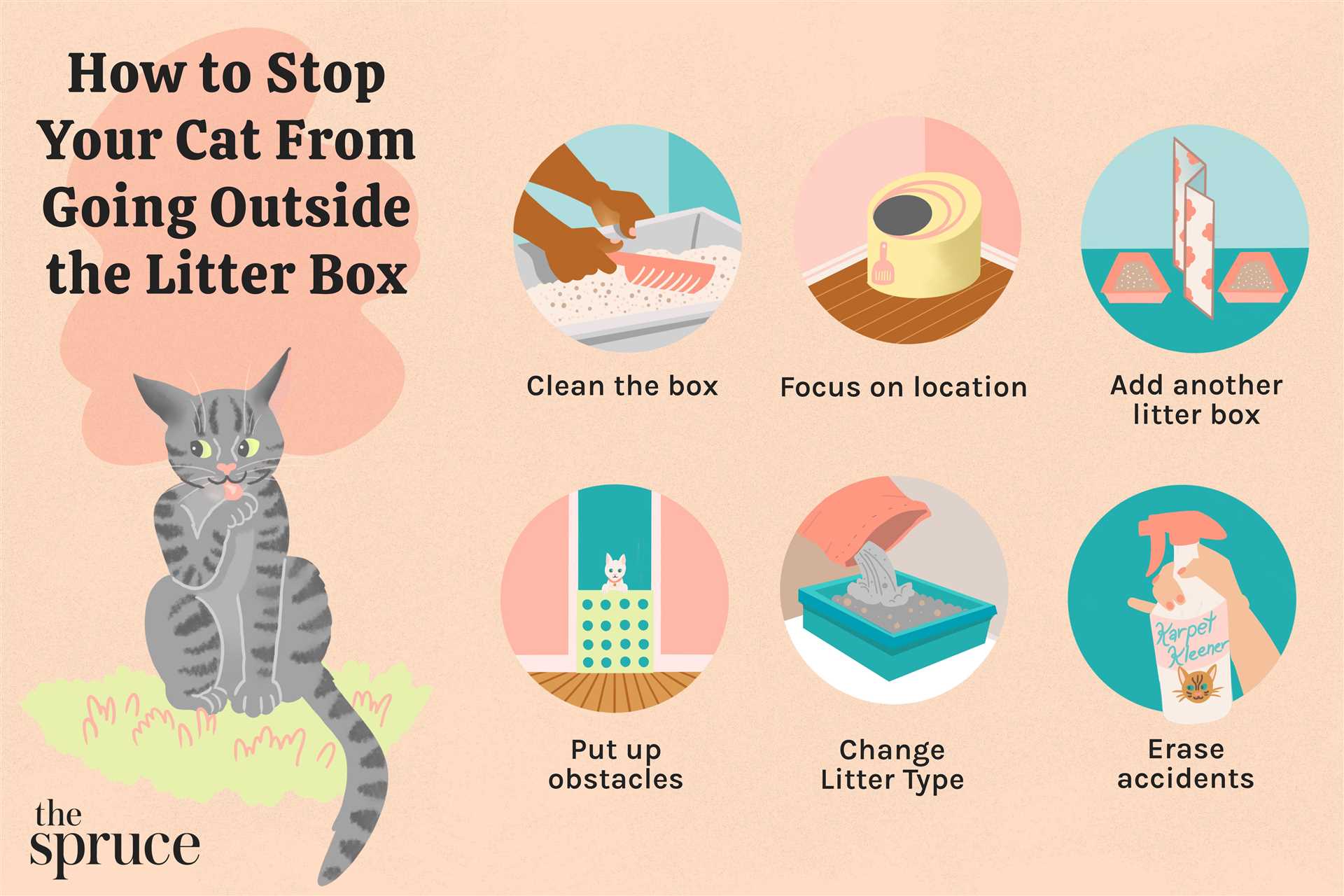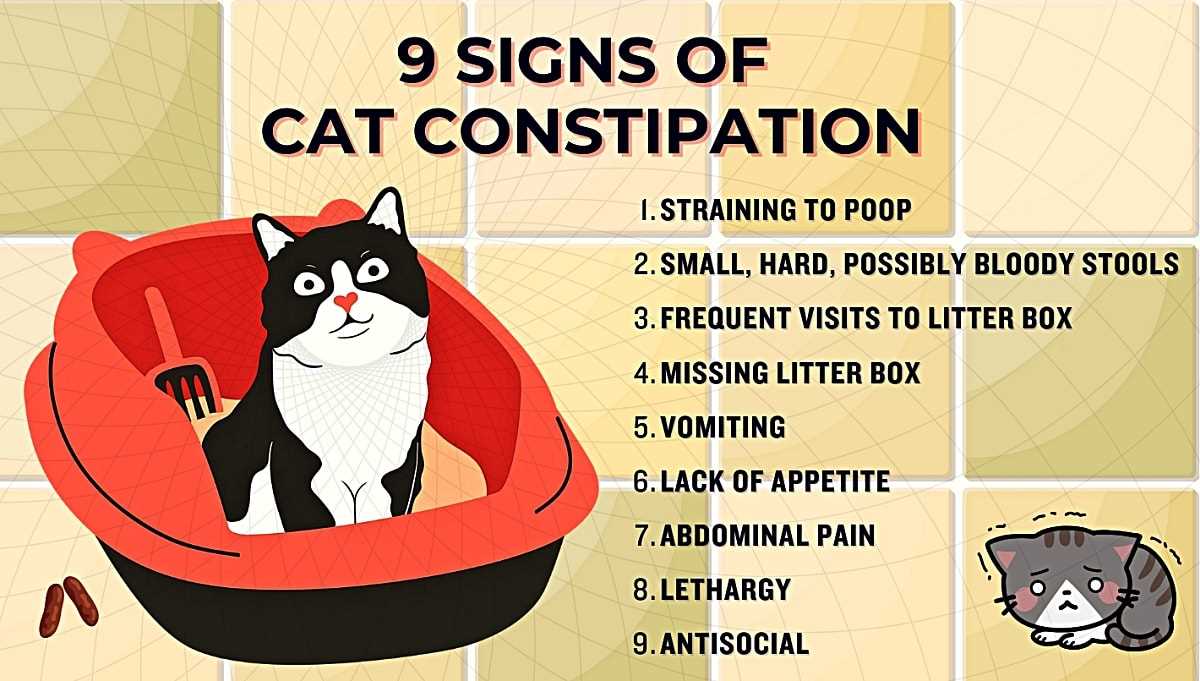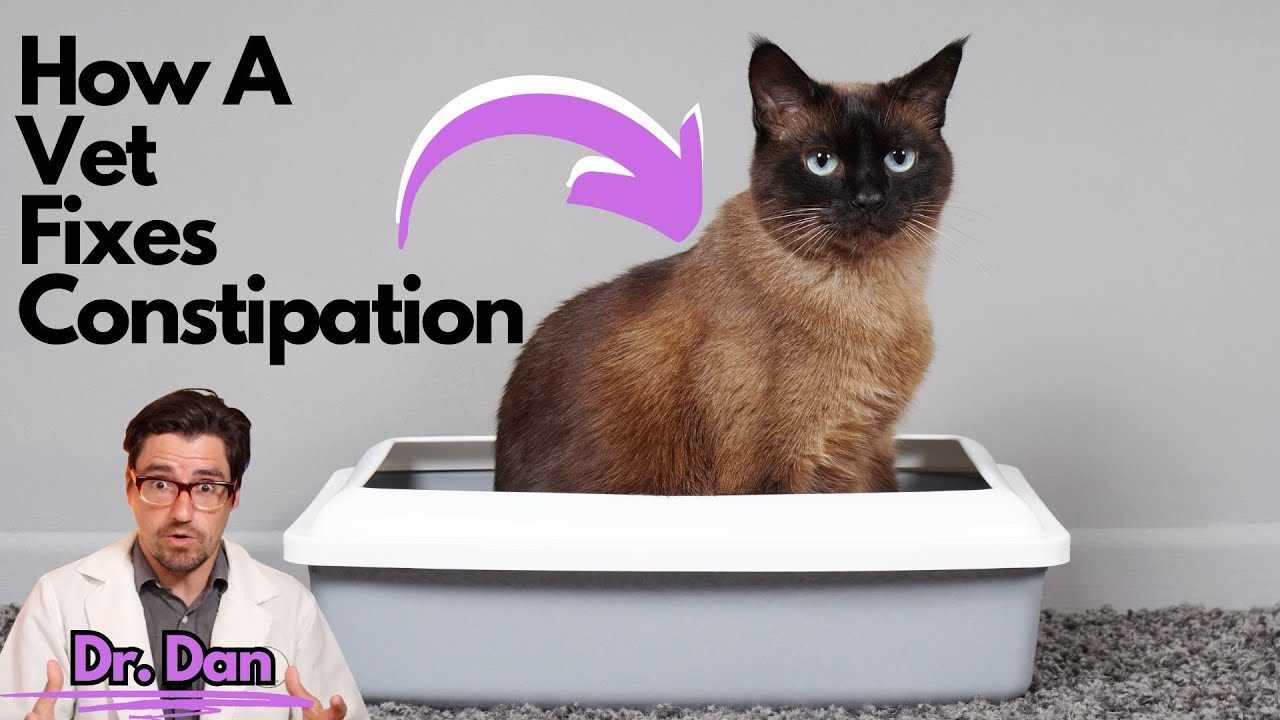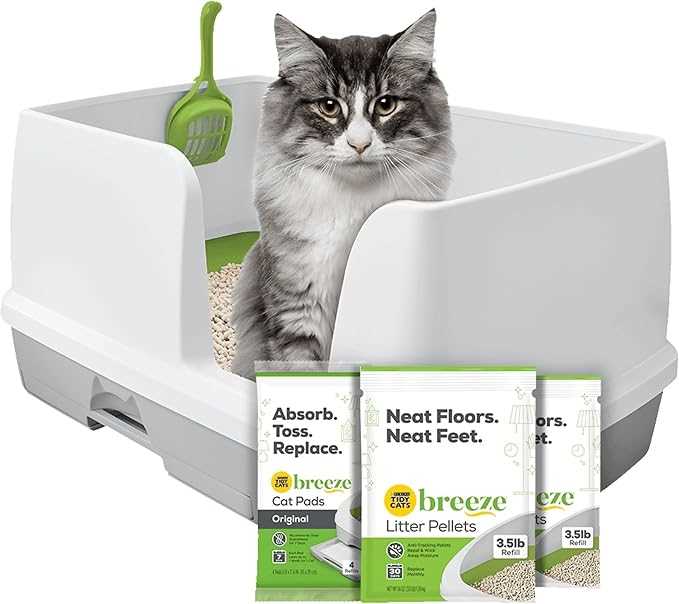



Adding a spoonful of canned pumpkin to meals can significantly aid in digestion. This fiber-rich food not only promotes regularity but also supports overall gut health.
Incorporating a small amount of plain yogurt into the diet introduces beneficial probiotics, which can enhance gut flora and help with any digestive issues.
Hydration plays a key role in maintaining regular bowel movements. Ensure access to fresh water at all times. Wet foods are also a great way to increase water intake.
Regular exercise is vital. Engaging in playtime encourages movement, which stimulates the digestive system and promotes healthy elimination.
Consulting a veterinarian about adding fiber supplements or specific over-the-counter products can also be beneficial in managing occasional constipation.
Monitoring any changes in behavior or bowel habits is crucial. If issues persist, professional advice should always be sought for the best course of action.
Solutions for Digestive Relief
Try incorporating pumpkin into meals. This natural source of fiber can ease digestion and promote regularity. Ensure it’s plain, without additives or sugar.
Adding a teaspoon of olive oil to food can also aid in smooth bowel movement. The healthy fats help lubricate the intestines.
Hydration is key. Fresh water should always be available. Wet food can contribute to moisture intake as well.
Fiber-Rich Options
- Plain canned pumpkin
- Cooked carrots or peas
- Oat bran or wheat bran
Laxatives and Supplements
Consult a veterinarian before introducing any laxative. Options include:
- Mineral oil
- Stool softeners
- Prescribed medications
Always monitor for any changes in behavior or health after trying new remedies. A vet’s guidance is invaluable for ensuring the right approach.
Identifying Signs of Constipation in Cats

Recognizing discomfort in the litter box is crucial. Watch for these indicators to determine if a furry friend is struggling:
- Infrequent Bowel Movements: If there are only a couple of visits to the litter box over a few days, it might signal an issue.
- Straining or Pain: Signs of difficulty could include vocalizing, squatting for extended periods, or showing signs of distress.
- Hard or Dry Stools: Observe the consistency. Rock-hard feces indicate a need for attention.
- Loss of Appetite: A decrease in food intake can be a sign that something is wrong.
- Lethargy: Increased tiredness or decreased activity levels can suggest discomfort or illness.
- Vomiting: Unexplained vomiting may accompany digestive issues.
Behavioral Changes
Watch for alterations in behavior, such as:
- Hiding or seeking solitude.
- Increased irritability or aggression.
- Changes in grooming habits.
Physical Signs
Physical clues may also be present:
- Abdominal swelling or discomfort when touched.
- Difficulty walking or moving around.
Timely recognition of these signals is key. If any signs persist, consulting a veterinarian is advisable for a thorough evaluation.
Dietary Changes to Promote Healthy Bowel Movements

Incorporating more fiber into my meals has made a big difference. Foods rich in fiber, like pumpkin puree or psyllium husk, can enhance digestion and ease elimination. A spoonful of pumpkin mixed into my regular food is a delightful addition.
Switching to high-quality, grain-free kibble has also been beneficial. These options often contain better ingredients that support overall digestive health. The absence of fillers allows for smoother digestion and less discomfort.
Wet food is another great choice. It not only hydrates but also provides necessary moisture content for effective bowel movements. A mix of dry and wet food in my daily diet keeps things flowing nicely.
Adding probiotics to my meals can improve gut health. These friendly bacteria help balance my digestive system, leading to regularity. They can be found in specialized cat foods or as supplements.
Finally, ensuring I have constant access to fresh water is crucial. Hydration is key to maintaining healthy digestion. I make sure my water bowl is clean and filled to encourage drinking throughout the day.
Safe Supplements for Cat Digestive Health
I recommend probiotics, which support gut flora balance. Forms like powders or treats make it easy to incorporate into meals. Look for products specifically designed for felines, containing strains such as Lactobacillus or Bifidobacterium.
Fiber supplements also play a significant role. Psyllium husk is a natural option that can improve bowel regularity. Start with a small dose mixed into food to observe how it affects digestion.
Another beneficial addition is pumpkin puree, rich in fiber and moisture. Offering a teaspoon a day can aid in softening stools while providing essential nutrients.
Fish oil is worth considering for its omega-3 fatty acids. It can reduce inflammation in the gut and promote overall health. A few drops mixed into meals can make a difference.
Always consult with a veterinarian before introducing new supplements to ensure safety and proper dosage. Monitoring reactions to these additions is crucial for maintaining digestive comfort.
Hydration Strategies to Encourage Regularity
Increasing water intake is key for maintaining digestive health. I recommend providing fresh, clean water at all times. Consider using a pet water fountain; the sound and movement can attract attention and encourage drinking. Many of us enjoy running water more than still, so this could be a simple fix.
Add wet food to the daily diet. Canned options usually contain more moisture compared to dry kibble. This not only boosts hydration but also offers additional nutrients that help with digestion.
Broth can also be beneficial. Low-sodium chicken or beef broth (without onions or garlic) can be mixed into food or served separately. It’s a tasty way to enhance hydration levels. Just ensure it’s free of any harmful ingredients.
For those who prefer a little variety, ice cubes made from broth or pureed fruits can be a fun treat. They can chew on them or enjoy them as they melt, adding hydration without much effort.
Lastly, consider a hydration supplement available at pet stores. Many are designed to promote water intake. Always consult with a vet before introducing something new to the routine to ensure it aligns with health needs.
Home Remedies and Natural Solutions for Cat Constipation
Pumpkin puree works wonders. A tablespoon mixed with regular meals adds fiber and helps regulate digestion. Ensure it’s pure pumpkin, not pie filling.
Another option is adding a small amount of olive oil to food. Just a teaspoon can lubricate the intestines, easing the passage of stool.
Introduce fresh grass or catnip. These can stimulate bowel movements and provide relief. Just a small handful can make a difference.
Warm water encourages hydration. Offering warm water instead of cold can entice a furry friend to drink more. Proper hydration aids in softening stool.
Probiotic-rich foods like plain yogurt can support gut health. A tiny spoonful mixed with regular food can enhance digestive function.
| Remedy | Usage |
|---|---|
| Pumpkin Puree | 1 tablespoon mixed with meals |
| Olive Oil | 1 teaspoon added to food |
| Fresh Grass/Catnip | A handful for stimulation |
| Warm Water | Offer instead of cold |
| Plain Yogurt | 1 teaspoon mixed into food |
Be cautious with amounts, as moderation is key. Monitoring reactions to these remedies ensures the best results and comfort for your furry companion.
When to Consult a Veterinarian for Constipation Issues

If my litter box habits change drastically, it’s time to seek professional advice. Signs like straining, infrequent bowel movements, or discomfort during elimination indicate a visit to the vet is necessary. Chronic constipation can lead to more serious health concerns, such as megacolon, which requires immediate attention.
Any presence of blood in stool, vomiting, or lethargy should prompt urgent consultation. These symptoms might signal underlying health problems that need a veterinarian’s expertise. Regular check-ups can help catch issues early, so don’t wait until things worsen.
Diet plays a significant role in digestive health. It’s wise to discuss any changes in feeding habits or new dietary supplements with a veterinarian. For those with specific dietary needs, such as diabetes, exploring options like best canned cat food for diabetic cats can be beneficial.
Regular monitoring of hydration levels is also essential. If my water intake decreases significantly, it’s a red flag worth mentioning to a professional. Keeping track of my habits helps ensure proper health management.
Preventative Measures to Avoid Future Constipation
Regular activity is crucial. Daily playtime encourages movement, stimulating the digestive system. Simple toys or laser pointers can be effective in keeping us active and engaged.
High-fiber meals are beneficial for maintaining smooth digestion. Incorporating fiber-rich foods such as pumpkin or specialized cat food can enhance bowel function. Monitor the balance of proteins in the diet, as too much can lead to issues. For those looking to adjust their protein intake, this guide on when trying to gain muscle how much protein might be helpful.
Consistent Hydration
Access to fresh water is non-negotiable. Encourage drinking by using fountains or adding water to dry kibble. Wet food can also be a great addition to the diet, providing both nutrition and hydration.
Regular Vet Check-ups

Routine veterinary visits are vital for early detection of any potential health problems. Your vet can recommend specific dietary adjustments or supplements tailored to individual needs. Keeping track of any changes in behavior or litter box habits is also essential for timely intervention.










